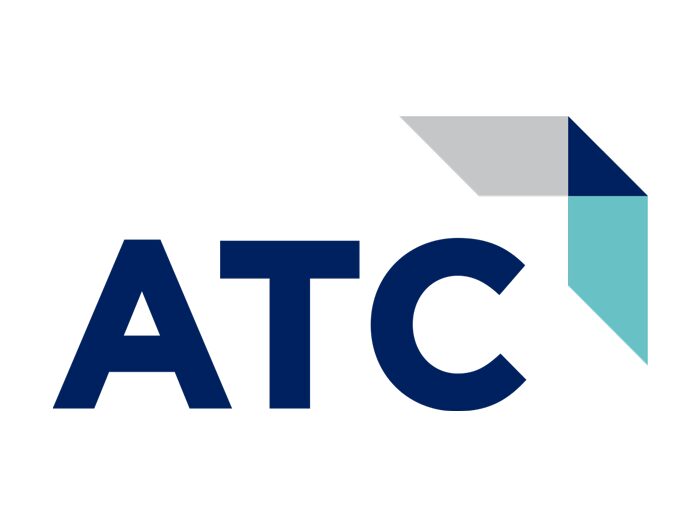Traditionally, businesses deployed systems and applications by installing software on hardware located in their offices. Cloud Computing (which is also often called “Hosted” or “Software as a Service”) is a new paradigm in which cloud applications and cloud VoIP systems are located in secure data centers, and vendors take responsibility for owning, configuring and managing them. Businesses connect to these applications through the Internet or private connections. The benefits of the cloud phone systems are plentiful.
Strategic Focus

IT resources devoted to business phone administration are not focused on key business initiatives and are not helping your company compete in your marketplace. Selection of a cloud-based VoIP alternative eliminates those IT headaches, reduces resource costs and frees up your team to work projects that relate to your core business. If running a phone system is not a core competency of your company, why would you waste valuable resources doing it?
Unlimited Growth
If you ask anyone who has had to move or expand an on-premise phone system about their experience, they probably won’t remember it fondly. These systems have capacity limits, require frequent upgrades and are just difficult to move to new locations.
Cloud VoIP systems do not present such difficulties. Adding users, regardless of time and place, is seamless and unlimited. You don’t need to guess now how many employees you will have over the next few years and you never have to worry about outgrowing your phone system’s capacity. Plus, you only pay for what you need.
Evolution
As businesses grow, their needs change. With an on-premise system you are stuck with the features the system comes with. New features require a painful and often expensive upgrade. The cloud approach for business VoIP is different.
By accessing one centralized software platform in the cloud customers can request and take advantage of new features and capabilities, which can be added and made available to all customers at the same time without any disruption, effort or new hardware requirements. So, choosing a cloud based VoIP telephone system is one way to future proof your business.
Mobility and Uniformity
As we become increasingly mobile and remote work becomes standard operating procedure, companies are looking for ways to keep their team tied together even when they are physically apart. With traditional phone systems, the best choice for communication while out of the office was home or cell phones. Making remote phones work with on-premise phone systems is clunky and cost prohibitive. Cloud based phone systems can make remote work seamless. People working from home, hotels, or even the beach can make, take and manage a call just like they were sitting at their desk.
The difficulty in leveraging technology and telephony across many locations is another reason why cloud VoIP solutions are popular. They allow easier implementations and uniform deployments. Users have the same experience, and all your locations sound the same to callers. Four-digit dialing between offices and the ability to transfer calls from one location to another improve efficiency and customer service. In addition, locations can back each other up during peak call times or emergencies and resources in different time zones can be leveraged to meet client needs.
Disaster Recovery – Reliability, Resiliency, Redundancy
Most businesses have a disaster recovery plan for their data systems, but many don’t have one for their phones. Redundancy with on premise systems is complicated and expensive, so a lot of companies just don’t do it and learn to regret it after disaster strikes.
The cloud VoIP model provides an embedded continuity plan that’s built into your implementation, not just a bolted on as an afterthought. In fact there are two types of DR plans; loss of connectivity and inability to get into the office. While clients and prospects may assume that a bounced email is a technical glitch, they tend to regard a fast busy signal as a sign that a company has gone out of business. Cloud VoIP solutions allow you to protect your business’s voice just like your protect the integrity of your networks.









